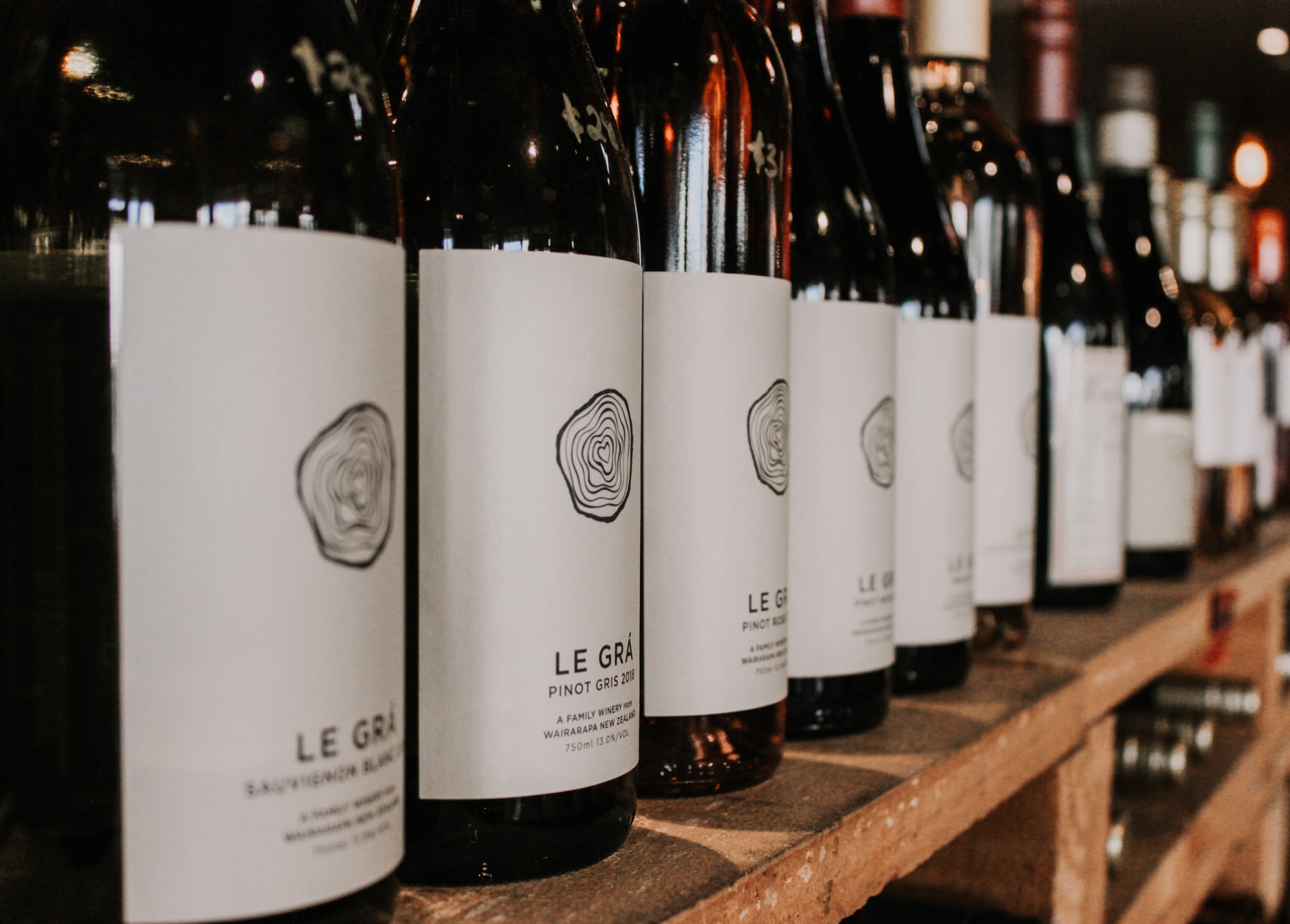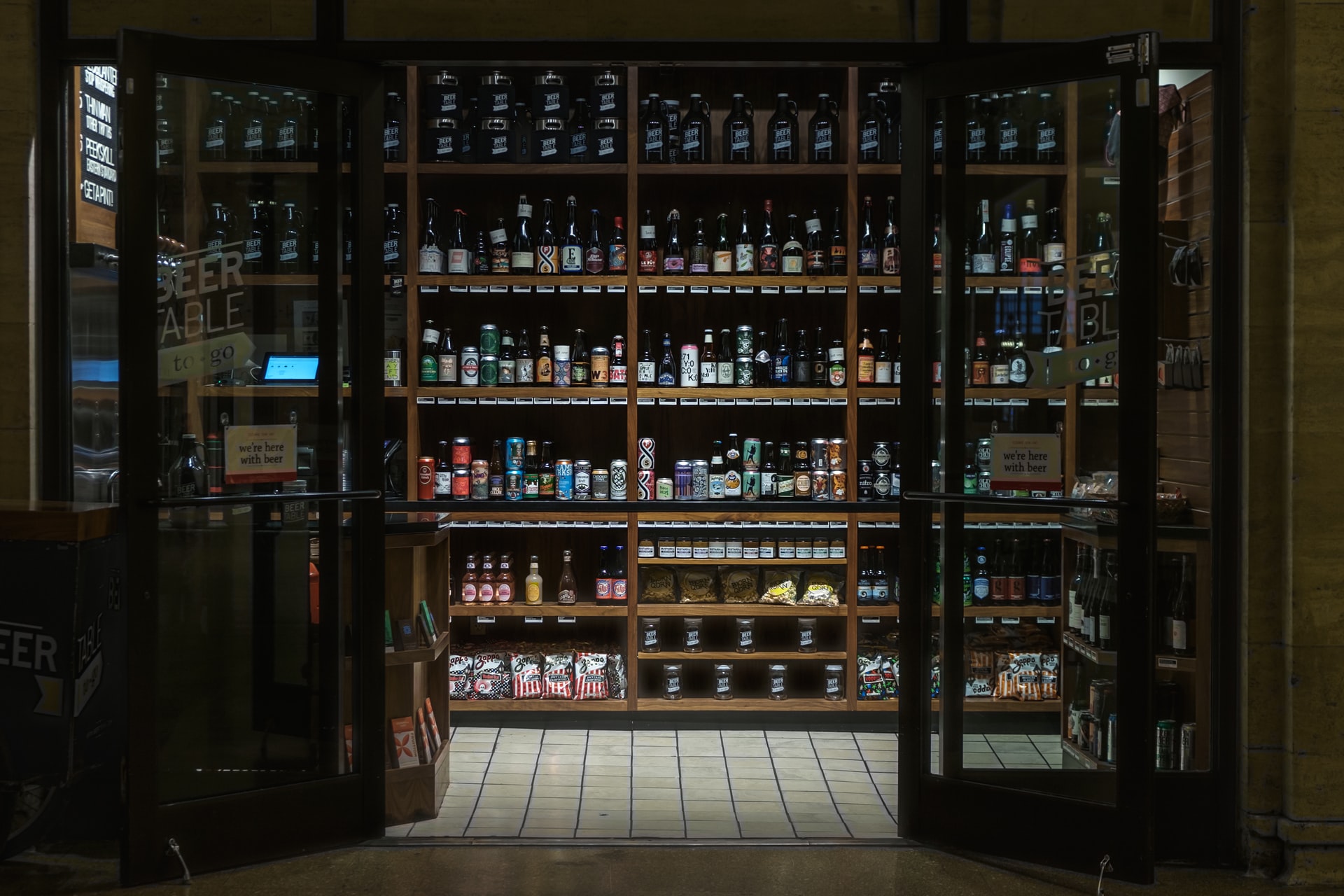
A well-stocked home bar is an excellent place to entertain visitors while also honing your mixology abilities. You can make practically any traditional mixed drink and even invent a few new ones by stocking your bar with a small collection of basic spirits, mixers, glassware, and bar utensils.
Although stocking a home bar may appear to be a daunting endeavor, the truth is that you only need a minimal number of ingredients to produce a wide range of popular beverages. When stocking your bar, keep the following in mind:
How much are you willing to spend on your home bar? High-end drinks and barware can be very expensive, but there are lots of budget-friendly alternatives available. Set a clear budget for your home bar before you begin shopping so you can make informed decisions.
Room: The amount of space you set aside for your home bar may restrict the size of your drink and barware collection. Your home bar could be as large as a whole basement or as small as a single bar cart. Be honest with yourself about how many bottles and glasses you can accommodate in your home bar.
Make a list of your favorite cocktails and popular beverages that you’d like to be able to give to your guests. Make a list of the essential components, bar utensils, and glassware for each drink. This will assist you in creating a shopping list and ensuring that you have the necessary supplies to make the drinks you consider to be the most vital.
 6 Must-Have Spirits for Any Home Bar
6 Must-Have Spirits for Any Home Bar
The amount of alcohol required for a home bar is frequently underestimated by new mixologists, https://www.conscious-cubby.com/product-category/dining-room-furniture/drinks-cabinets-cocktail-bars/. To make most standard cocktails, you only need a small collection of basic staples. Here are some sorts of alcohol that should be in every home bar:
Vodka: More mixed drinks contain vodka than any other type of spirit. It’s a highly adaptable spirit that comes in a wide range of price points. At least one or two different types of vodka should be kept on hand in every home bar.
Gin: Some people love the flavor of gin more than others, but regardless of your personal choice, you should always have a bottle of gin behind your home bar. When your visitors ask for gin martinis or gin and tonics, you should be able to make them.
Tequila: Margaritas are a joyful and celebratory drink that is particularly popular in the summer. For home bartenders, having a cheaper bottle of blanco tequila on hand for margaritas and a finer bottle on hand for people who enjoy tequila straight or combined with soda is a decent rule of thumb.
Rum: A white rum bottle for Daiquiris and Mojitos, and a darker rum bottle for more daring rum-based beverages. This is an excellent way to begin your rum collection.
Whiskey comes in a variety of styles, each with its unique flavor profile and characteristics. This makes picking out a single whiskey bottle for your bar a difficult task. Buying one bottle of bourbon and one bottle of blended rye whiskey is a smart way to start your whiskey collection. The bourbon should stand up to being served plain or on the rocks, while the rye will work in most classic whiskey cocktails such as an Old Fashioned or Manhattan.
Liqueurs: A small collection of liqueurs can be used to make cocktails, and many can also be used as digestifs after dinner. Amaretto, Campari, Cointreau (or another Triple Sec appropriate for Margaritas), and Vermouth are other essential components.
6 Essential Mixers for Your Home Bar
A mixer or two is required for most drinks. Most common cocktails may be made with a basic assortment of liquors and a broad array of mixers. Here are some mixers that should be in every home bar:
Juices: Juice is an important component of many cocktails. Bottles of orange juice, cranberry juice, tomato juice, lemon juice, and lime juice should be kept on hand in any home bar. This package includes everything you’ll need to make most common drinks.
Bitters: Angostura aromatic bitters or Peychaud’s Bitters will enough for the majority of your demands, and each bottle should last at least a year. If you like to experiment with flavors in your cocktails, you can have extra bottles of bitters, such as Scrappy’s or Regan’s Orange Bitters.
Simple syrup is only a fancy phrase for sugar and water, so you don’t need to add it to your grocery list. Make your own simple syrup at home and keep a fresh bottle on hand at the bar to sweeten your cocktails quickly and easily. With our recipe, you may learn how to prepare a simple syrup.
Grenadine and sour mix: Two fundamental mixers that can be purchased or created at home, grenadine and sour mix are available behind every bar.
Sodas: A range of basic sodas, as well as club soda and tonic water, should be available in every bar. Sodas can be combined into cocktails or presented to non-drinking visitors on their own.
Garnishes: While not exactly mixers, garnishes are a fantastic way to boost a cocktail’s presentation and flavor. Keep maraschino cherries, oranges, and grapefruits on hand at your bar for a variety of garnishes to use in your cocktails.
7 Types of Glassware to Consider When Choosing Glasses for Your Home Bar
You’ll need to know the distinctions between certain common cocktail glasses as a home bartender. The following is a list of the different sorts of glasses you’ll find at a well-stocked home bar:
Beer glasses: Depending on the type of beer, different glasses are used to serve it. Every professional and home bar needs beer mugs and glasses. Beer glasses come in a variety of shapes and sizes, including pint glasses, pilsner glasses, and stein glasses.
Champagne flutes are a form of tall, slender stemware that is used to serve champagne and other sparkling wines. They’re made to keep the heat from your hand from passing to the champagne and to keep sparkling wine from becoming flat. The champagne tulip and champagne saucer (or champagne coupe) are two other varieties of champagne glasses, however champagne flutes are the most popular glass for serving sparkling wine.
Collins glass: The Collins glass is a tall, slim glass that is typically used for mixed drinks. It is comparable to a highball glass but is somewhat taller and narrower. Collins glasses can be used for a variety of mixed cocktails, notably the Tom Collins, which is how they got their name.
Martini glasses have been a staple of cocktail glassware since they were introduced as a substitute for the coupe glass in the early 1900s. The Martini glass is a classic cocktail glass, and most home bars have a set on hand for making mixed cocktails like Martinis and Manhattans.
Standard red wine glasses have a fairly wide bowl to allow the aromas of a red wine to waft up towards the drinker’s nose and mouth, and are designed for the robust aroma and flavor of a red wine.
A set of rocks glasses is a must-have for every home bar. There are two types of rocks glasses: single rocks glasses and double rocks glasses. The double glass is slightly larger than the single glass, although both are compact and durable.
White wine glasses are similar in appearance to red wine glasses, but they are slightly narrower to allow for the lighter aromas and flavors to mix and aerate.
 Home Bartending: 8 Must-Have Bar Tools
Home Bartending: 8 Must-Have Bar Tools
Learning about each piece of bar equipment and how to use it properly is an important part of bartending. Here’s a rundown of basic bar tools, along with a brief description of how to use each one:
Bottle opener: For home bartenders, a handheld or wall-mounted bottle opener is a must-have bar item. Bottle openers make it simple to open beer and mixer bottles rapidly.
Cutting board: To prepare garnishes and ingredients for a variety of cocktails, a decent home bar should have at least a couple of cutting boards. You can rotate and make drinks for extended lengths of time without needing to wash your cutting board if you have a few on hand.
Drink shaker: To make any shaken cocktail, you’ll need a cocktail shaker set. Cocktail shakers come in a range of shapes and sizes. It should work as long as your shaker is durable and constructed of a solid material like stainless steel. Personal preference and financial constraints will determine whether you get a cobbler shaker or a Boston shaker.
Grater: You can use a grater, peeler, and zester set to prepare citrus fruits for garnishes. Different cocktails require different sorts of garnishes, and a decent grater will provide you more options when it comes to the garnishes you prepare.
Ice maker: A supply of ice is required by every bar. The main thing is to have an insulated and clean area to retain ice for usage in drinks, whether it’s a large industrial ice maker or a hotel ice bucket. Instead than using conventional ice cubes, some bartenders prefer to utilize an artisanal ice mold to create ice mounds. Whatever method you use to generate ice is acceptable; just make sure you have a specific area to keep your ice cool.
Jigger: A jigger is a measurement utensil in the shape of an hourglass that is a must-have in any bar establishment. A measuring cup for a conventional shot is on one side of a jigger, while a smaller “pony” shot is on the other.
Mixing glasses: A sturdy mixing glass provides a dedicated area for stirring and combining cocktail ingredients. Some mixing glasses feature ornate etchings and might serve as a lovely ornamental touch to your bar’s top.
Cocktail stirrers are long stirring instruments that allow bartenders to quickly combine a stirred drink without spilling ingredients all over the bar. If you don’t have a stirrer, a bar spoon can be used to stir the mixture.
